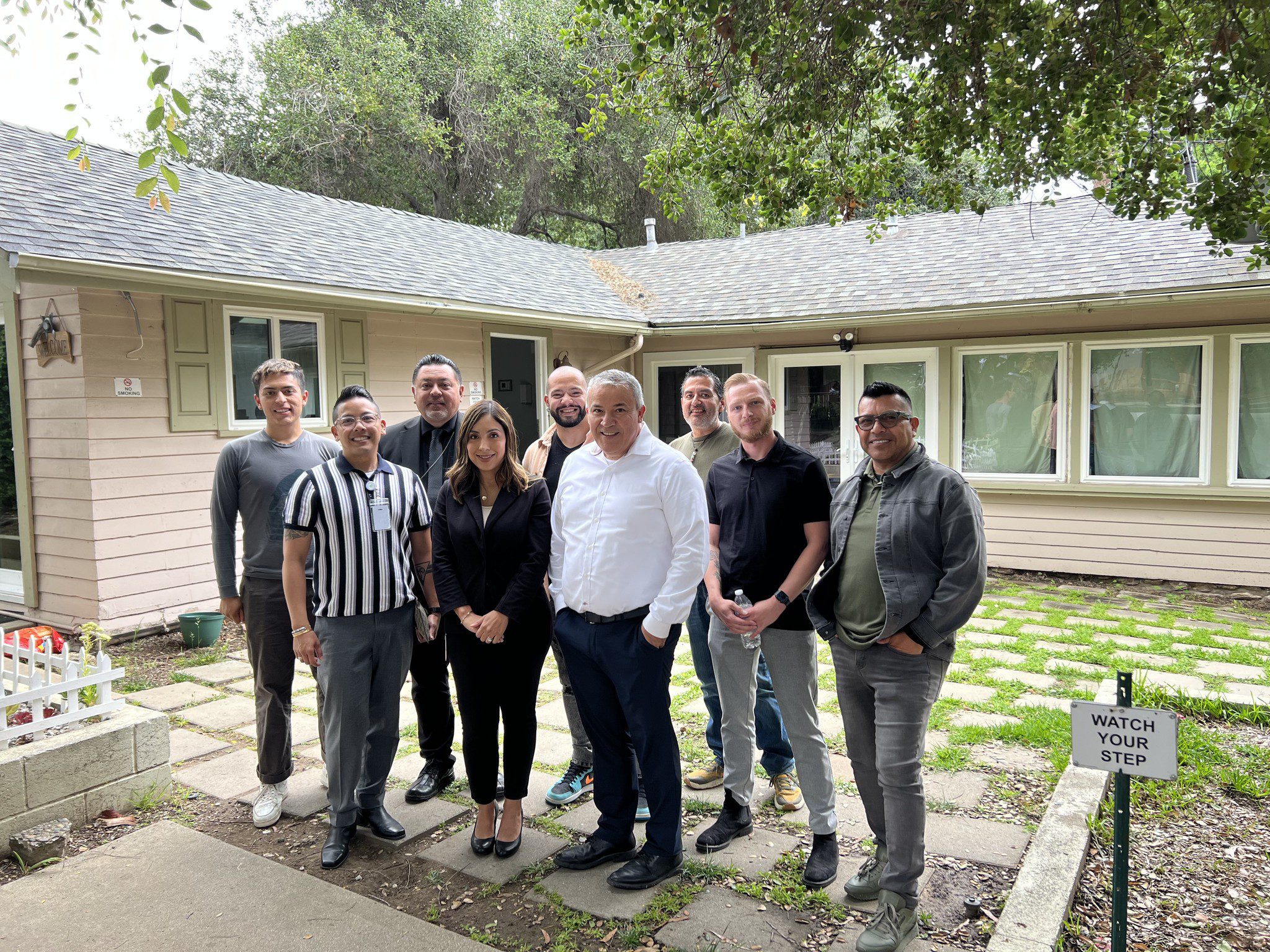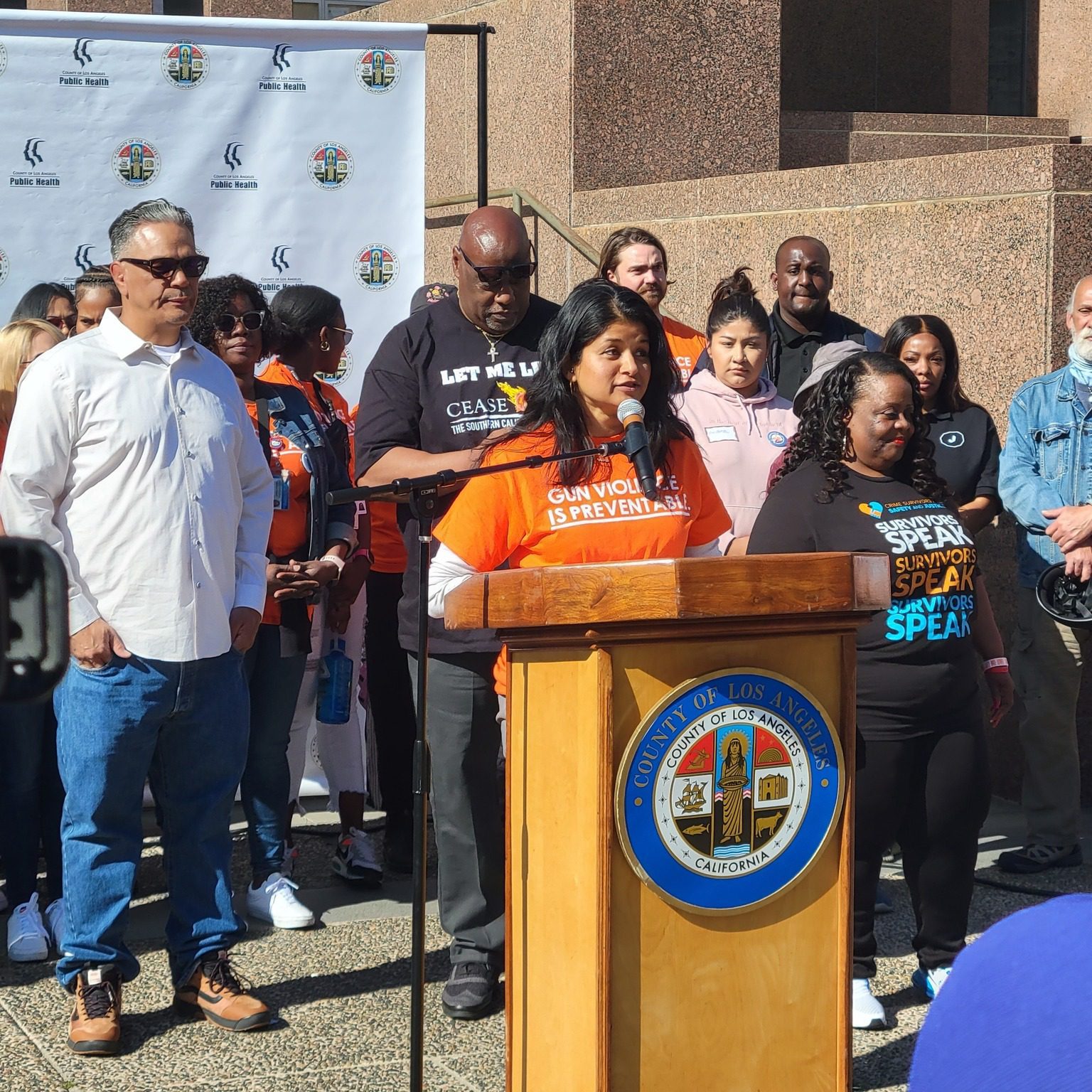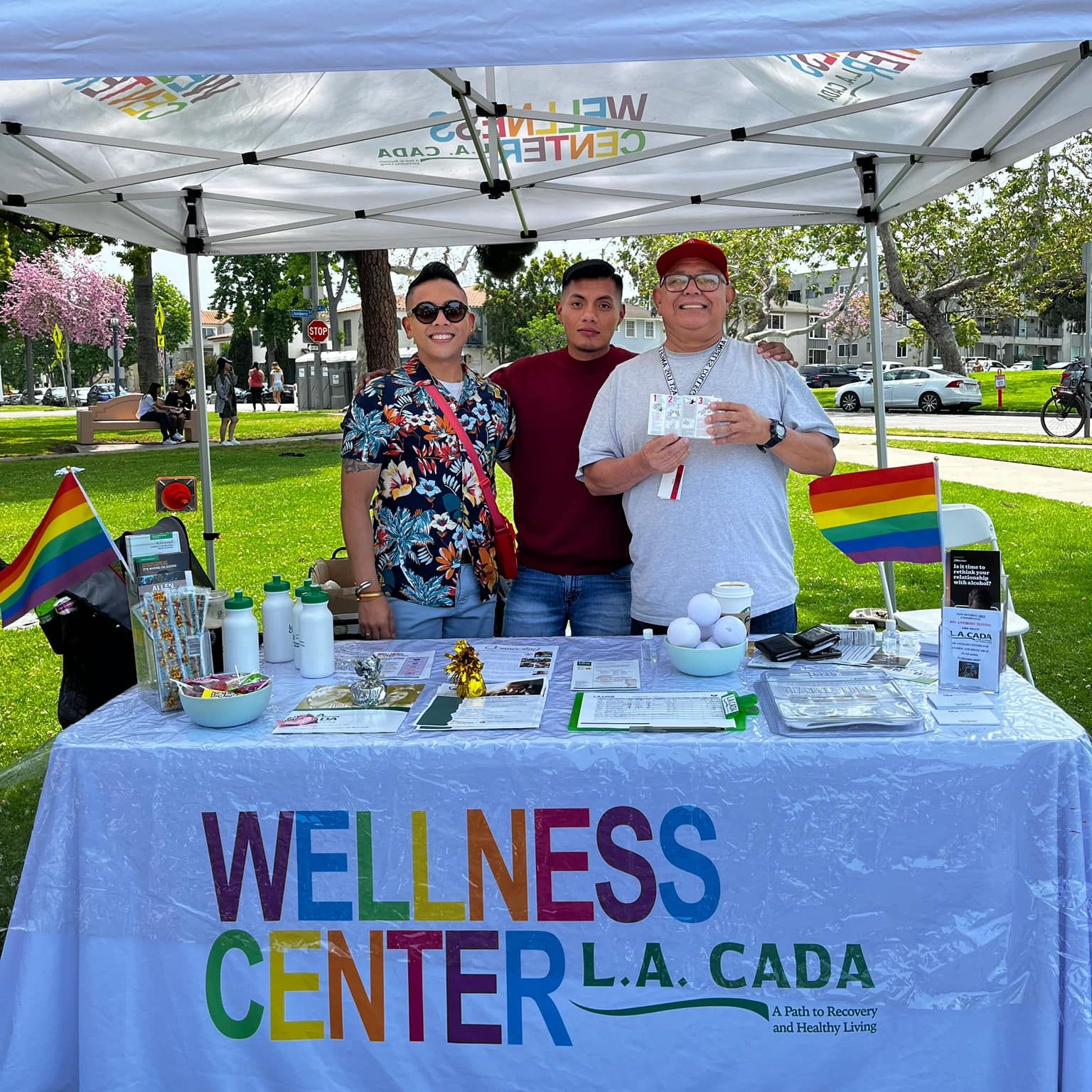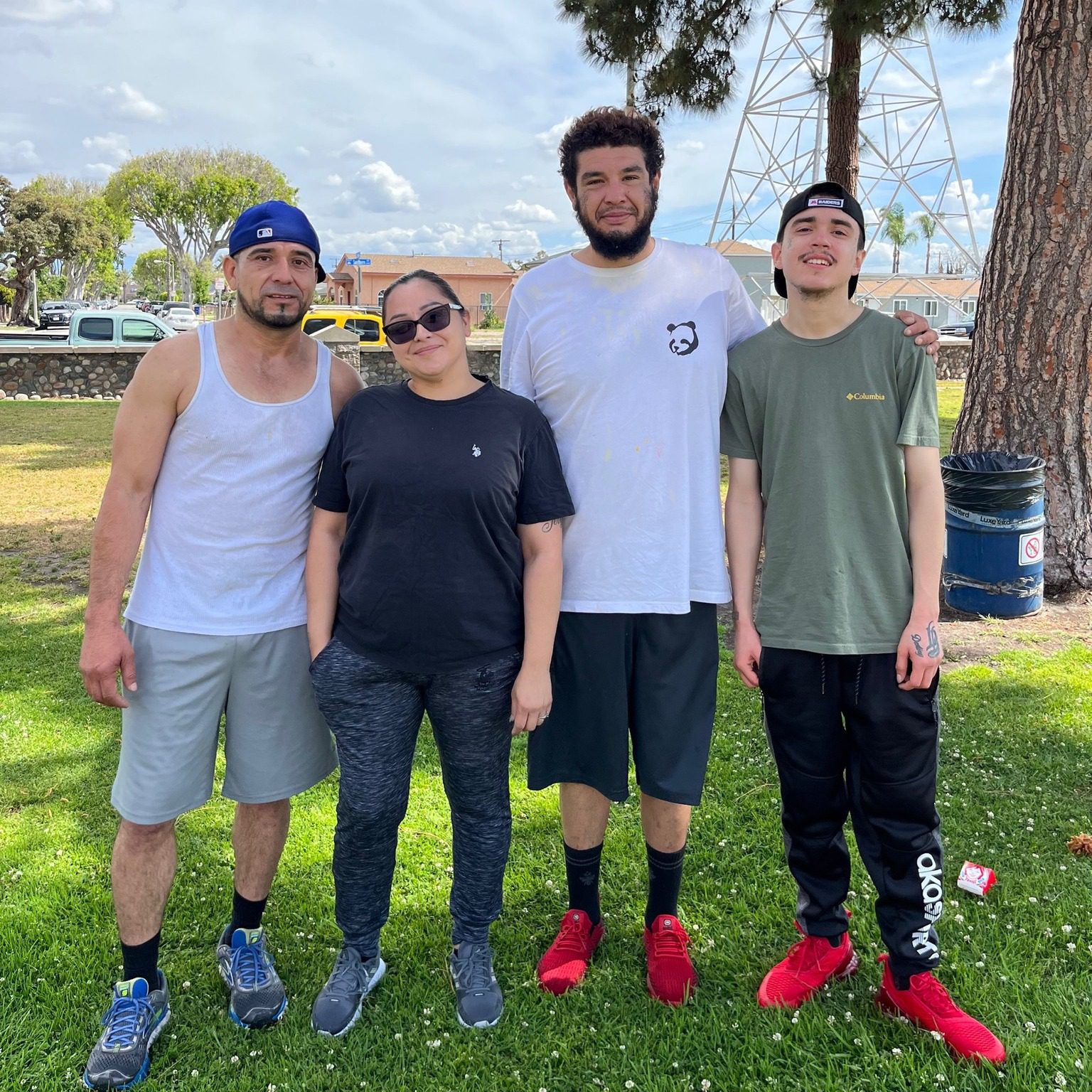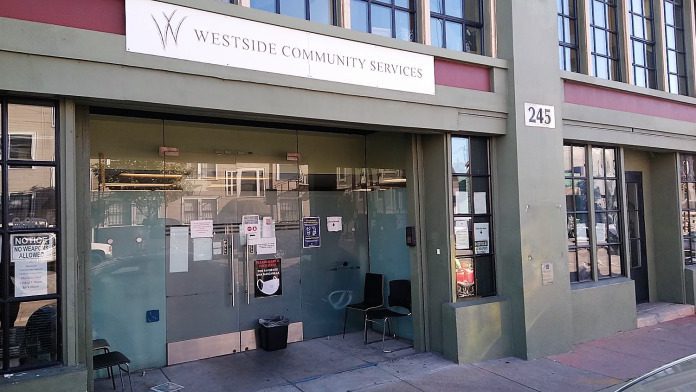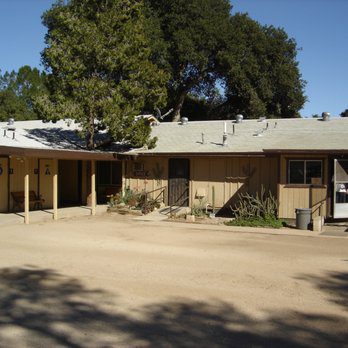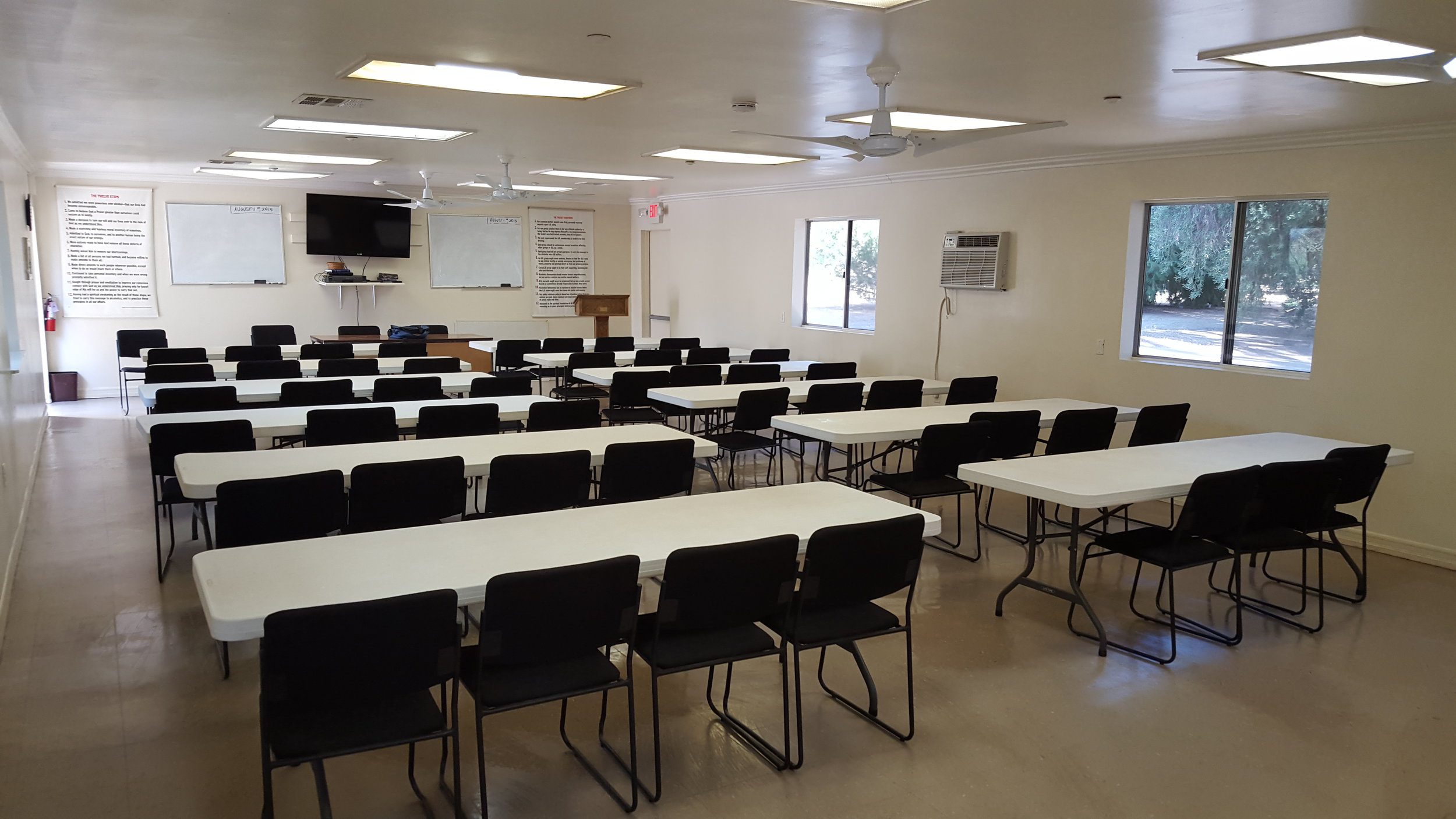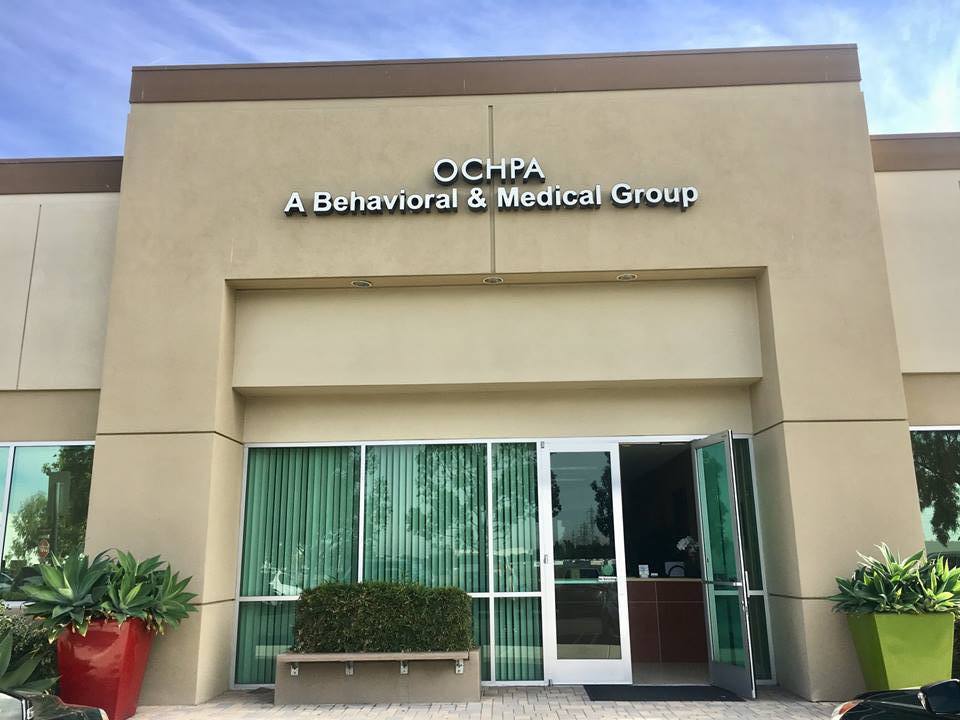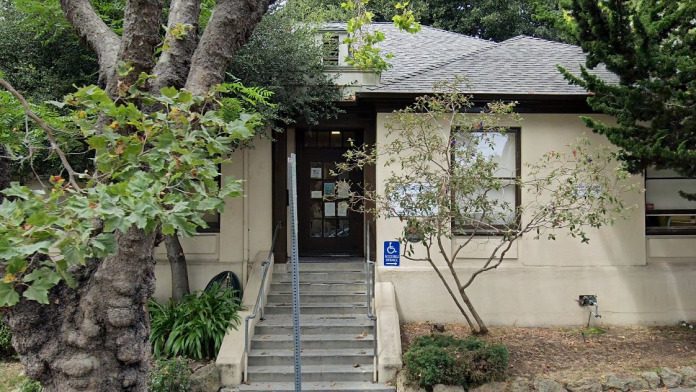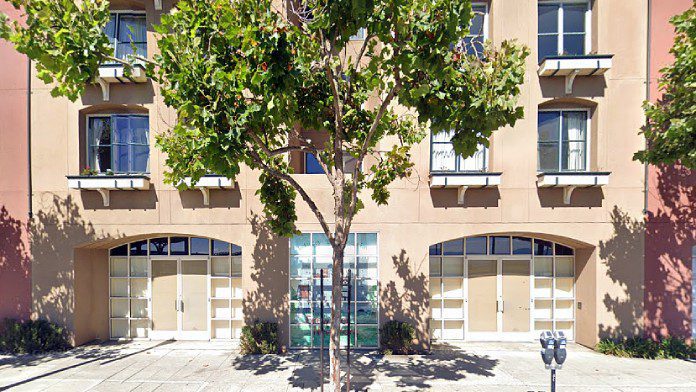Overview
- Updated On:
- June 22, 2023
Description
Los Angeles Centers for Alcohol and Drug Abuse (L.A. CADA) is a licensed and certified substance use and behavioral treatment provider by the State of California Department of Health Care Services and the County of Los Angeles Department of Public Health – Substance Abuse Prevention and Control.
We treat persons with addiction and behavioral problems by providing client-centered, trauma-informed, recovery-orientated services, offered by a committed, caring and qualified staff of licensed, certified and registered professionals.
L.A. CADA offers critical services across a wide continuum of care and treatment, including outpatient, intensive outpatient and residential programs. This full continuum of addiction care is available for men and women, ages 18 and over. Services to adolescents, ages 12–17, in an outpatient setting are also available.
Recently, the criteria for the diagnosis of a substance use disorder were revised by the publication of the Diagnostic and Statistical Manual of Mental Disorders, Fifth Edition, also known as the DSM-V. If you want to know whether you or a loved one is suffering from a substance use disorder, check the following criteria, and refer to the scale.
IMPAIRED CONTROL
- The individual may take the substance in larger amounts over a longer period than was intended.
- The individual may express a persistent desire to cut down or regulate substance use, or may report unsuccessful efforts to decrease or discontinue use.
- The individual may spend a great deal of time obtaining the substance, using the substance, or recovering from its effects.
- Most of the individual’s daily activities revolve around the substance.
- A craving, manifested by an intense desire or urge for the drug that may occur any time, but is more likely in an environment where the drug was previously used or obtained.
SOCIAL IMPAIRMENT
- Failure to fulfill major role obligations at work, school, or home.
- Important social, occupational or recreational activities may be given up or reduced because of substance use, or the individual may withdraw from family activities and hobbies in order to use the substance.
- The individual may continue substance use despite having persistent or recurrent social or interpersonal problems caused or worsened by the effects of the substance.
RISKY USE
- Recurrent substance use in situations in which it is physically hazardous.
- Continued substance use despite knowledge of a persistent or recurrent physical or psychological problem that is likely to have been caused or worsened by the substance.
PHARMACOLOGICAL/PHYSICAL MARKERS
- Tolerance – signaled by requiring a markedly increased dose of the substance to achieve the desired effect.
- Withdrawal – a syndrome which occurs when blood or tissue concentrations of a substance decline in an individual who had maintained prolonged heavy use of the substance.
- After developing the withdrawal symptoms, the individual uses the substance to avoid the effects of the withdrawal syndrome.
“Giving is not just about making a donation, it’s about making a difference”
For more information, please visit L.A.CADA





